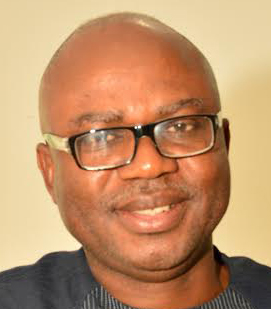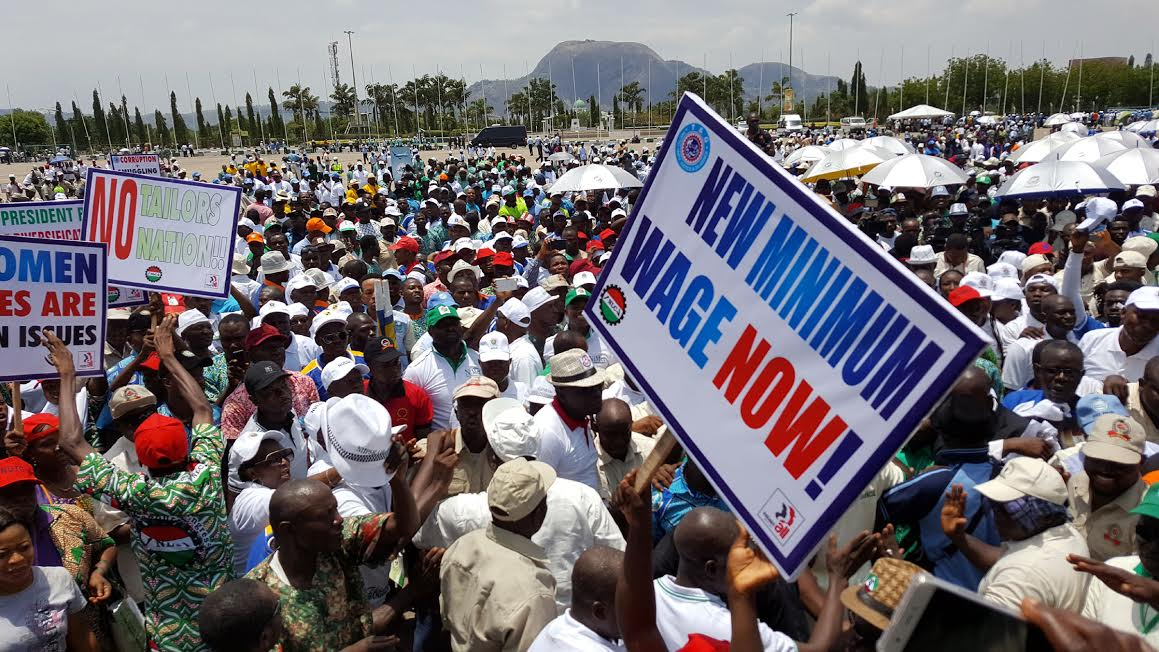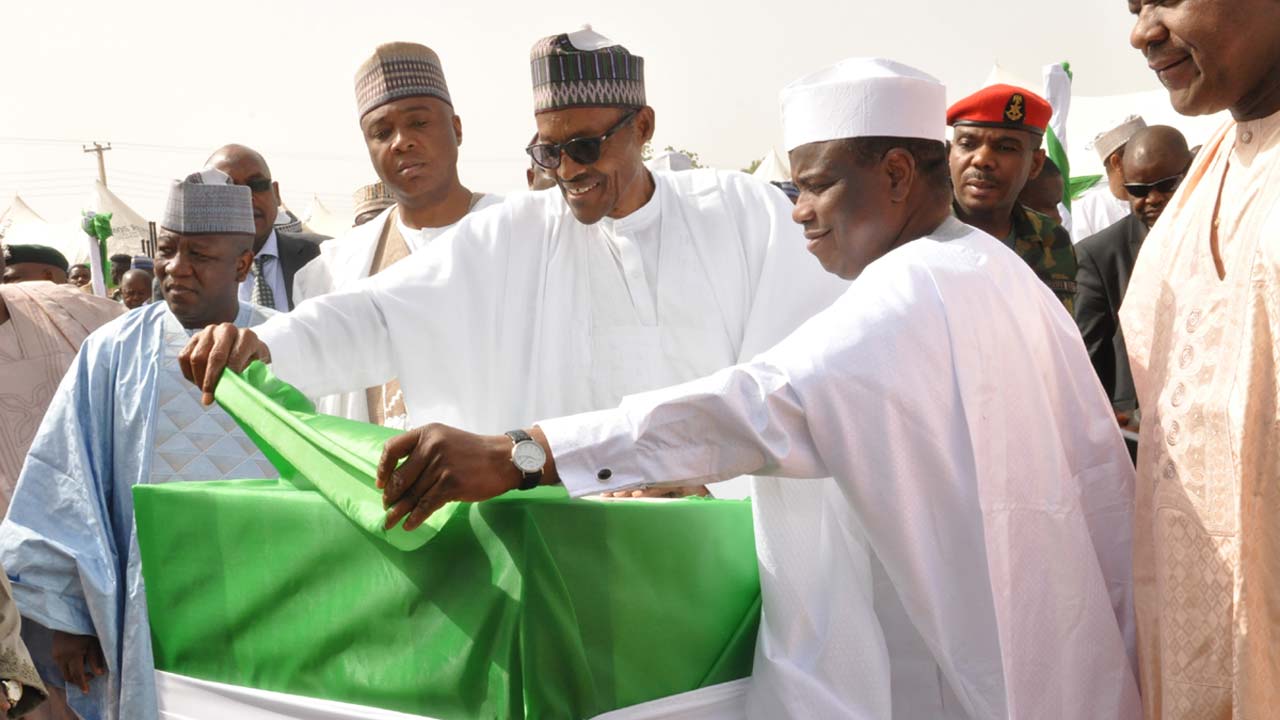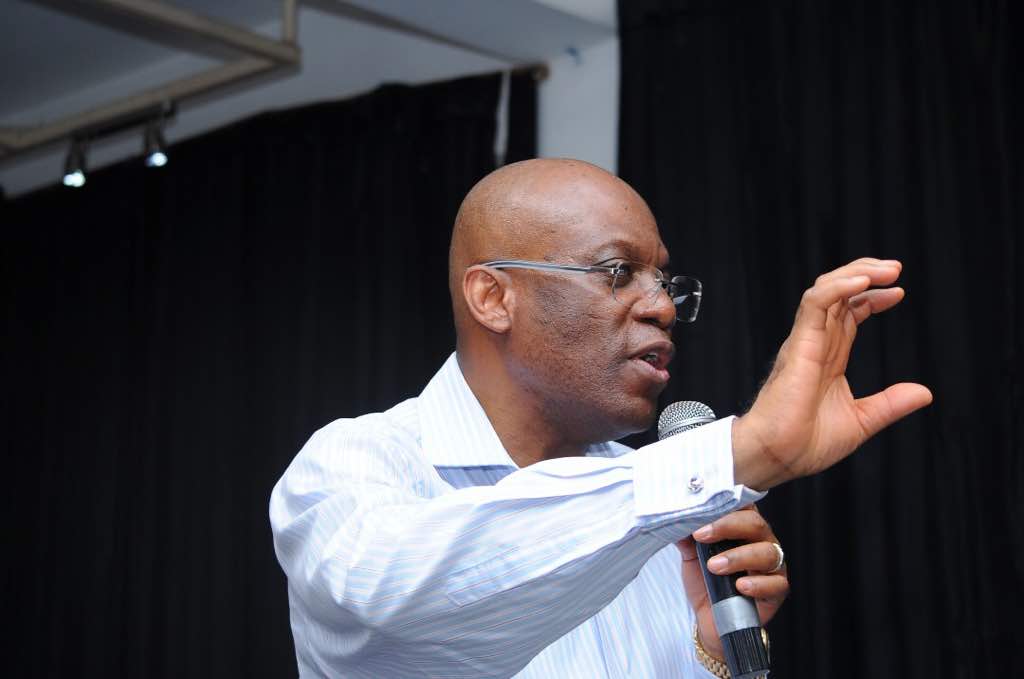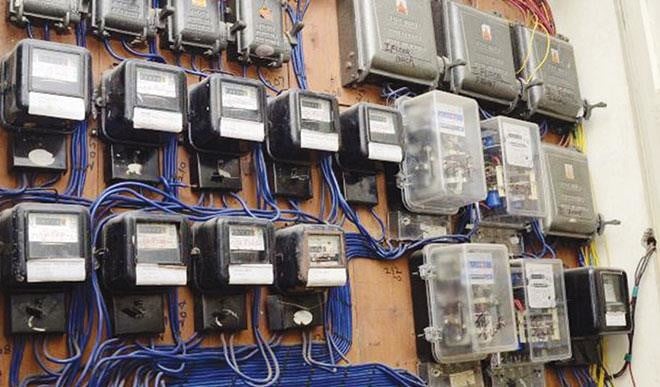"New minimum wage now"
Several governorship and presidential aspirants will, later this year, promise to pay civil servants a minimum of N100, 000 per month if elected into office. No second-term candidate will make any such pledge, for reality has certainly forced them to beat a retreat. On the other hand, some might be able to fulfill their promise if the naira went the way of the Zimbabwean dollar. In Zimbabwe, everyone is a billionaire, except that you need two billion dollars to buy a loaf of bread.
In a fortnight, a new minimum wage for Nigerian workers is expected to come into effect. What will be the new minimum wage? Will it be N30, 000 or N50, 000? Certainly, it will exceed the current N18, 000 per month, but it won’t be near the N65, 000 demanded by the Nigeria Labour Congress. Only federal workers may know their new wage then, however. A committee headed by labour minister Dr Chris Ngige is about to conclude negotiations on the matter.
A few states have not fully implemented the N18, 000 minimum wage, 14 years after it was announced. Would they be able to implement a higher wage? The Nigerian Governors’ Forum on Thursday sounded pessimistic – the governors wanted implementation of the new minimum wage in phases. Speaking for his colleagues, Zamfara state governor Abdulaziz Yari, said: “I don’t think you people voted us only to pay salaries. You are looking for good roads, electricity, education and others. So, we can’t do magic. It’s only when we have the funds that we can do all those things.”
Implementation of a minimum wage in the states has often been contentious, mainly because the civil service remains unproductive. Were the service a fruitful private establishment, workers would know when profits were made and therefore when to ask for a pay raise.
Advertisement
A governor should be pained if he is unable to pay his state’s workers as much as he wished. Take Enugu, for instance: Although Governor Ifeanyi Ugwuanyi has striven to lift revenue generation in the state, the government is still handicapped by paucity of funds. Nevertheless, Gburugburu’s strongest point has been that he pays salaries and pensions regularly, at times before getting the statutory allocation from Abuja. The pay is small but workers get it when they need it. What he seems set to tackle are gratuities: many who retired after 2009 have been waiting.
Since Enugu’s revenue profile has been on the rise, it is expected that the state’s workers will be among the first to smile with a new wage. The governor knows that workers are better served through regular payment of salaries than giving groups raw cash for unspecified projects. As I have illustrated with the Zimbabwean dollar, what workers want is value for money. Or who would choose to be paid N1m and then risk their life on dilapidated roads, live without electricity and clean water at home, and find no drug to treat their sicknesses? The naira’s depreciation coupled with rising prices has been the undoing of Nigerian wage earners. I remember how, in 1975, I bought 48 cigarrete cupfuls of garri for N1 at a market. One such cupful now costs N50! At the time also, N1 could buy $2; today $1 = N380!
Even if implementation of the new minimum wage would begin next month, it would be advisable to stagger it as the governors have suggested in order to head off galloping inflation. On hearing of a wage increase, market women and other private-sector workers would always increase the prices of their goods and services, thereby reversing any gains civil servants could enjoy from a pay rise. That has been the trend at least from the 1974 “Udoji awards”. Besides, the number of civil servants is negligible when compared to the population of Nigerians.
Advertisement
The minimum wage will almost certainly be a topical issue as new governorship candidates especially will be making gigantic promises. But when labour unions demand – or politicians promise – N100, 000 or more as minimum wage, they should also consider the implications on the purses of state governments.
During this year’s May Day celebration, excited workers and retirees did not fail to note that Enugu was one of the few states that paid them the 13th month as Christmas bonus in December. They mentioned other remarkable achievements of the governor: “prompt payment of monthly salaries/pensions, other allowances to state public and civil servants; absorption of 54% of total cost of 100 housing units at Elim Estate allocated to workers; payment of outstanding arrears of salaries, pensions, and allowances to local government staff through prudent utilization of 100 per cent of LG share of the Paris Club Refunds; promotion of teachers and recruitment of over 4000 school teachers as well as elongation of terminal grade of qualified primary school teachers to level 16”.
As a second-term governorship candidate, Governor Ugwuanyi may not be making new promises. There is, I’m told, a master plan for the development of the state which he has been following faithfully. Workers’ welfare is on the upper echelon of the plan. But I have heard some of the state’s civil servants grumbling, as they always do. Except for those in the medical sector, I’m told, the highest paid civil servant goes home with less than N100, 000 per month. Of course, political appointees or contract staff members are not so affected.
Even the health workers in the state are asking for more. A pharmacist told me they may go on strike over the Consolidated Health Salary Scale (CONHESS). Former governor Sullivan Chime had started paying doctors 70% of CONHESS, but pharmacists, nurses, lab scientists and the rest are still earning 30% or less, even after an announcement, in April this year, that it would be upped to 62%. Apparently, the wage bill appeared staggering for a state like Enugu.
Advertisement
With low morale, health workers become negligent: some leave patients to die in the state’s hospitals! The UNTH does not offer hope either. Not willing to abandon projects started by his predecessor, Gburugburu has just completed a multi-billion-naira diagnostic centre in Enugu. A 200-bed specialist hospital the government proposed to build at Orba, the governor’s hometown, has not received much attention.
Almost everyone appreciates the effort being made to strike a balance between payment of salaries and other competing interests. Governance includes provision of such infrastructure projects for workers’ use, not just payment of salaries.
